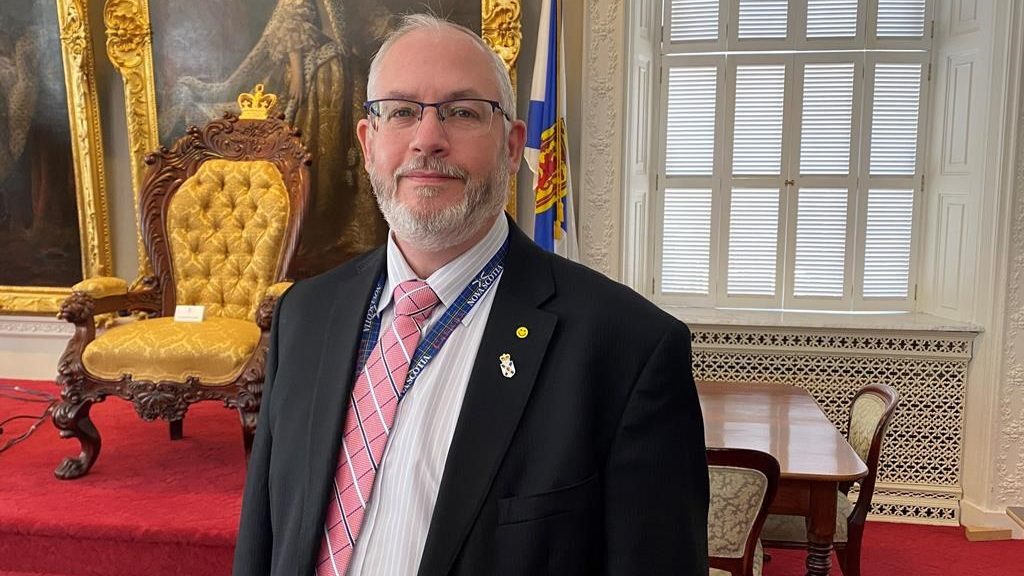Share your ideas on ‘defunding the police’ in the HRM
Posted Jun 27, 2021 09:41:30 PM.
A subcommittee is preparing a report on defining “defunding the police” in the Halifax Regional Municipality, and residents can share their thoughts in a survey that closes this week.
The public survey, which closes on June 30, is one of the public engagement processes that the Subcommittee to Define Defunding the Police has created.
That 15-person subcommittee is being led by Halifax professor and journalist El Jones.
She was appointed by Halifax's Board of Police Commissioners last year to put together a subcommittee and help determine what it means to “defund the police” in the city.
While Jones was brought on to define the term, she told NEWS 95.7's The Rick Howe Show that consulting the public was something she felt was important.
“It’s quite simple to define something; you only really need to create a mechanism,” she said. “But I thought it was more important for us to be having a conversation in the community about what that would look like, what attitudes were towards that.”
She said the committee began a process that includes public engagement, which included a six-hour session on the topic on June 19, and the subcommittee's own research.
That research includes reviewing how various groups experience policing in the city, seeing what resources are available that could provide better support if police resources were redistributed and considering what other communities have done about this issue.
“It’s been quite a broad project,” she said. “Probably the most important piece has been this piece of public engagement that’s been taking place.”
Jones said the responses to the survey are varied and that not every response is from someone who wants to defund the police.
“That’s really important because it gives us a … good sense of what people are thinking,” she said. “So, we really encourage people to continue to fill out those surveys and keep giving us that information.”
She said not everyone has the same idea of how to define “defunding the police.” Some people don’t believe the police can exist at all, some think mental health resources must not be police duties while others advocate for more social services.
“It’s quite a big range,” she said. “There’s not necessarily one idea that people who are thinking about defunding are invested in. So even when people are in favour, they might be in favour from different perspectives and different ways.
“We treat all submissions with equal respect and equal time because everybody has the right and should be able to speak.”
Jones said she could easily define the term herself but that it's necessary to create a community-based process and not have a single person define the term.
On top of that, she said she wants to clarify that the committee isn’t creating policy.
“We are simply researching what views on defunding look like across the municipality and what kind of possible avenues there might be and how that might look,” she said. “We have no legislative effect; we have no ability to impose this report on anybody. There’s nothing that says it has to be accepted.”
Once the report is submitted, which she said should happen by the end of the summer, the Board of Police Commissioners can use that information to its own liking.
Jones said the most important thing about the subcommittee and the survey is that it creates a community conversation that will help show any confusion and opposing views on the topic.
“Even when people don’t agree on some fundamental things, such as their view on the police, many people agree on other things,” she said. “People seem to be agreeing that addiction should be treated differently, people are agreeing that there’s a housing crisis in this city, people are agreeing that we shouldn’t be criminalizing mental health.”
In particular, she said the surveys show that most people who are pro-policing agree that there are areas that can be improved upon.
“I think that’s very valuable and interesting,” she said. “I think it’s really important when you get views that don’t agree with your own but also show that there are commonalities across the city in how people are thinking.”










